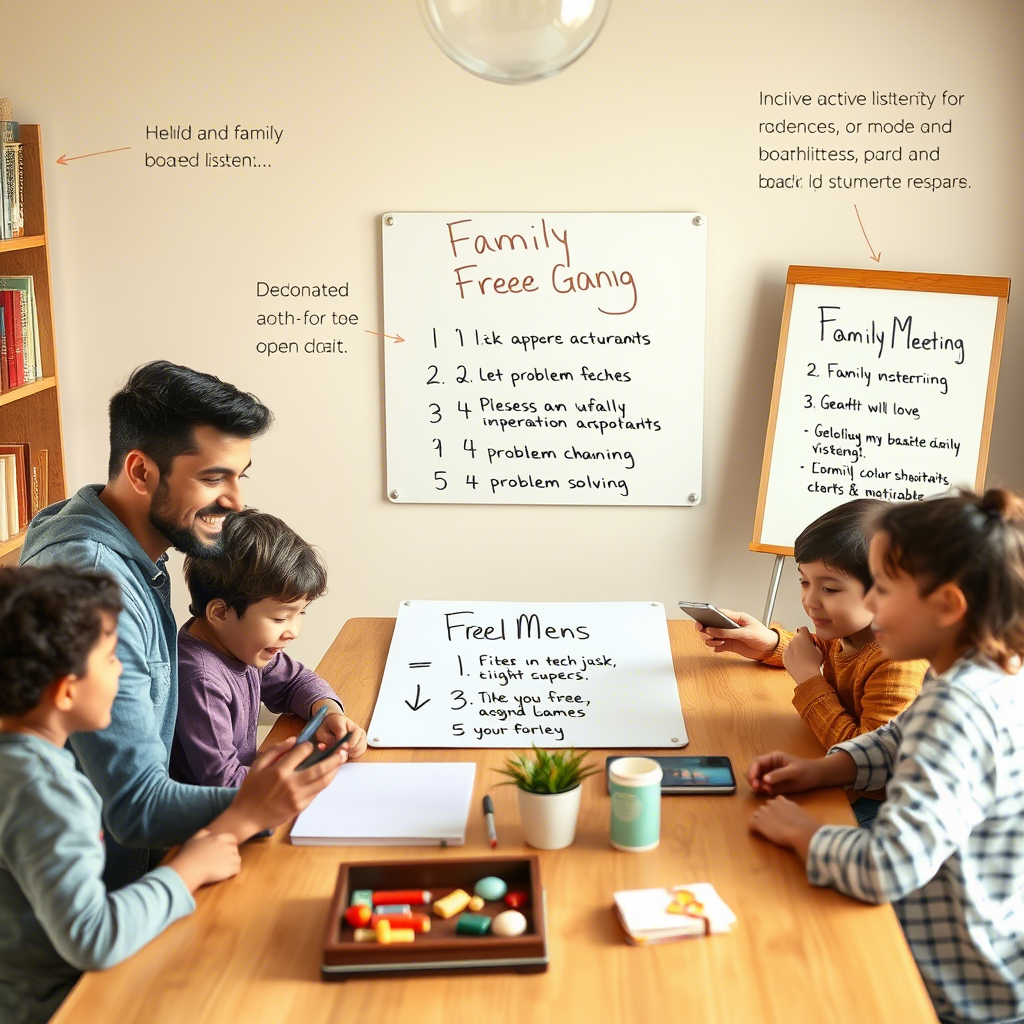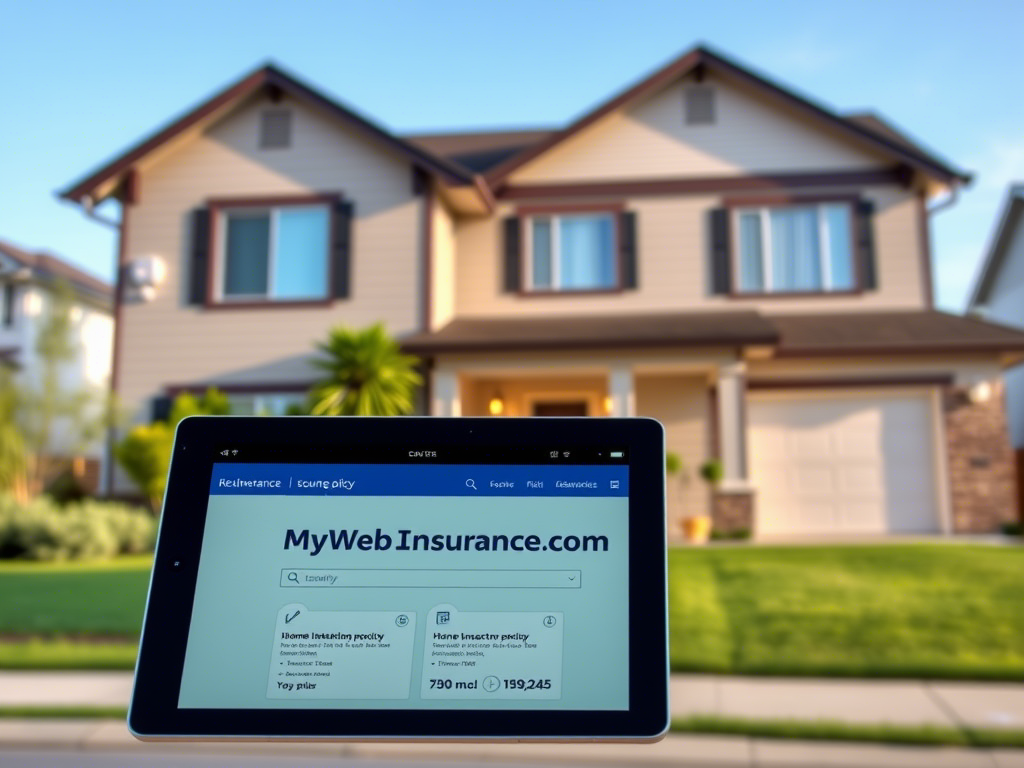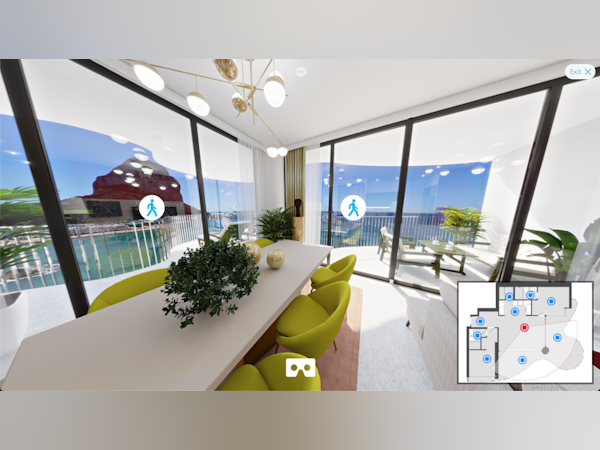
The Canadian real estate market consists of many investors. Investment properties are generally non-owner-occupied housing used as secondary property or rented out for revenue. According to Housing Statistics in Canada, the highest concentration of multiple-property owners are from British Columbia and Ontario.
If you’re an investor looking to diversify your portfolio, purchasing a property is the right step in that direction. But the process can seem overwhelming if you’re looking for your first investment property. Following proper guidelines can smoothen the process and help you become an experienced investor within a short time.
Apply for a Mortgage
The first step to purchasing an investment property is figuring out your finances. You’ll find yourself wondering, how much mortgage can I get? The best way to find accurate answers is by speaking to a mortgage specialist or a lender.
Your mortgage affordability depends on several factors, such as your down payment amount, income, and credit score. Lenders will decide how much money they can give you based on your ability to pay back the loan promptly. You can use a mortgage calculator to estimate the amount you may receive or directly speak to a lender for clarification.
Meet the Requirements for the Purchase
An essential part of being eligible for an investment property is meeting all the requirements for the purchase. This includes a stable income, reasonable down payment, and a good credit score. Once you’ve met the requirements, the seller will likely believe that you’re a serious buyer and can consider doing business with you.
Figure out all the requirements for buying a home in Canada before proceeding with your mortgage application. The requirements can vary based on the region you’re looking to purchase the property.
Consider Additional Expenses
Purchasing a property comes with additional expenses, such as lawyer fees, home inspection costs, and insurance. When you buy an investment property, you may need to add a few more expenses to the list, such as the cost of furniture if you plan to rent out a furnished home.
Think about all the additional expenses you may incur before and after purchasing to create a feasible budget for your purchase plan.
Choose a Suitable Home
There are a few things you should consider before you go house hunting. The type of property you purchase can depend on your end goals. Think about whether you want a fixer-upper or a brand-new renovated home. Do you plan to flip the house for profit or use it as a rental property for additional income?
Finding the right home requires some effort and determining what you’re looking to gain after the purchase.
Seek Expert Guidance
Navigating the homebuying world can be challenging if it’s your first time purchasing an investment property. Don’t hesitate to seek help from friends or family members who’ve been through the process or specialists who provide guidance in the field.
Many Canadians turn to investment properties for various purposes. If you’re willing to join that list, take your time to do your research and prepare yourself for the process.

















